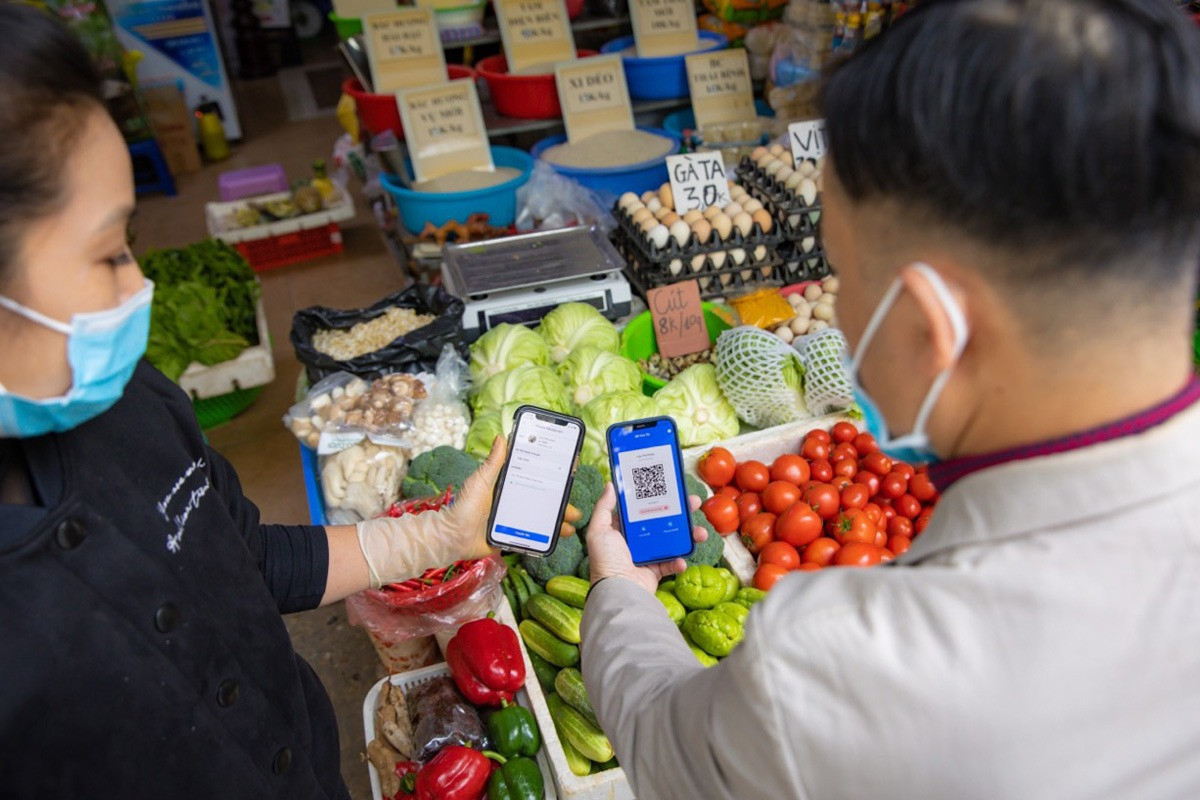
On April 15, the government issued Resolution 87 to extend the pilot implementation of Mobile Money - the service enabling payments via telecom accounts for small-value transactions.
According to the resolution, companies approved by the State Bank of Vietnam to pilot Mobile Money services may continue their operations from January 1, 2025, until the end of that year.
The State Bank of Vietnam will continue leading efforts and working with the Ministry of Science and Technology, the Ministry of Public Security, the Ministry of Justice, and other relevant agencies to draft a decree on Mobile Money services in line with the Law on the Promulgation of Legal Documents.
The Mobile Money pilot program was initially approved by the Prime Minister in Decision 316 on March 9, 2021, with a two-year timeline starting from when the first enterprise received approval to provide the service.
Its goals include promoting cashless payments, enhancing access to financial services, and expanding usage particularly in rural, mountainous, remote, border, and island regions of Vietnam.
The initiative also aims to leverage existing telecommunications infrastructure, data, and networks to reduce social costs while expanding mobile-based payment channels for user convenience.
In practice, since late November 2021, telecom operators including Viettel, VNPT, and MobiFone were granted approval by the State Bank of Vietnam to participate in the pilot program.
Following two years of implementation, on November 18, 2023, the government acknowledged the benefits of Mobile Money through Resolution 192. It tasked the State Bank with drafting legal documents to formally regulate the service and extended the pilot period to the end of 2024 pending new legislation.
As of the third quarter of 2024, according to data from the Ministry of Information and Communications (now the Ministry of Science and Technology), the total number of Mobile Money users had surpassed 9.6 million, with over 6.9 million users - or 72% - residing in rural, mountainous, and remote areas.
By the same time, 11,885 business locations had been established, and the number of service points accepting Mobile Money payments had reached 275,960, covering essential services like electricity, water, education, telecommunications, and public administration. More than 148 million Mobile Money transactions (including deposits, withdrawals, transfers, and payments) had been recorded, with a total transaction value exceeding USD 212 million.
At a meeting on March 5 to discuss the draft resolution on extending the pilot period, Deputy Prime Minister Ho Duc Phoc concluded that the pilot had generally met service and safety requirements and had brought tangible benefits to people and businesses. Therefore, the State Bank and relevant agencies proposed continuing the service and swiftly developing a legal framework for its official implementation.
In his March 5 directive, Deputy Prime Minister Ho Duc Phoc also tasked the State Bank of Vietnam with rigorously reviewing the draft resolution to ensure it is comprehensive, feasible, and effective, avoiding service disruption.
Following this directive, on March 25, the State Bank submitted a formal proposal to extend the Mobile Money pilot. The extension aims to minimize potential disruptions that could arise if service providers are forced to pause operations due to the lack of an official legal framework after December 31, 2024.
Van Anh